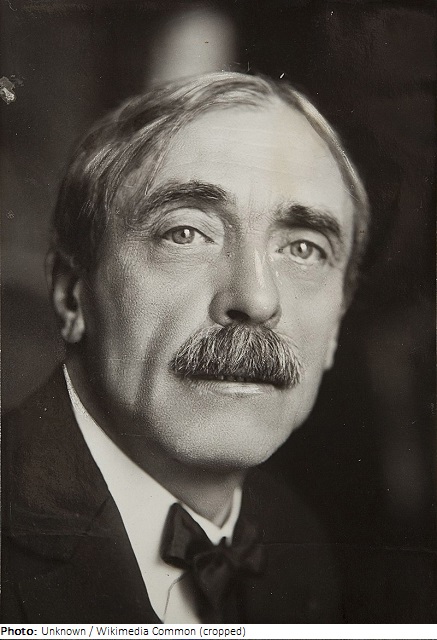Paul Valéry

Biographical information
| Roles | Referee |
|---|---|
| Sex | Male |
| Full name | Ambroise Paul Toussaint Jules•Valéry |
| Used name | Paul•Valéry |
| Born | 30 October 1871 in Sète, Hérault (FRA) |
| Died | 20 July 1945 in Paris XVIe, Paris (FRA) |
| NOC |  France France |
Biography
The French poet, philosopher, and essayist Paul Valéry studied law in Montpellier but also began writing poetry at an early age. In 1894 he went to Paris, where he met symbolist writer Stéphane Mallarmé (1842-1898), who was to become a role model for him.
In 1896/97, Valéry worked for a press agency in London before he obtained a position as editor at the War Office. In the Dreyfus affair, he took a nationalist position in contrast to other writers. In 1900 he became a private secretary to a business magnate until he was able to make his living as a freelance writer. In the 1920s, he was considered the greatest French lyricist of his time and was made a Knight of the Legion of Honor, later Commander and eventually Grand Officer. In 1925, he was admitted to the Académie Française and later became its president. In 1937, he was appointed professor of poetics at the Collège de France.
During World War II, Valéry refused to cooperate with the German occupiers. After delivering a memorial speech honoring the late Jewish philosopher Henri Bergson (1859-1941), the Vichy government withdrew him from his position as director of the Centre Universitaire Méditerranéen.
Valéry was probably the last author in France to make a living from poetry. He first wrote symbolist poetry, but soon continued his efforts to fathom the pure spirit, detached from all feelings, in strict prose form, for instance in the novel-like text La soirée avec monsieur Teste/Monsieur Teste (The evening with Mr. Teste/Monsieur Teste, 1896, expanded 1926). He became famous for his philosophical poetry including La Jeune Parque (The Young Parca, 1917) and Le cimetière marin (The Cemetery by the Sea, 1920). His theoretical writings (dialogues, essays) and aphorisms deal with art and cultural criticism, the poetic creative process, and artistic consciousness. In his posthumously published dramatic sketches _Mon Faust (My Faust, 1946), Valéry once again celebrated the pure intellect, embodied by the title character. He also left extensive diary-like records.
Referee
| Games | Sport (Discipline) / Event | NOC / Team | Phase | Unit | Role | As | |
|---|---|---|---|---|---|---|---|
| 1924 Summer Olympics | Art Competitions |  FRA FRA |
Paul Valéry | ||||
| Literature, Open (Olympic) | Final Standings | Judge |